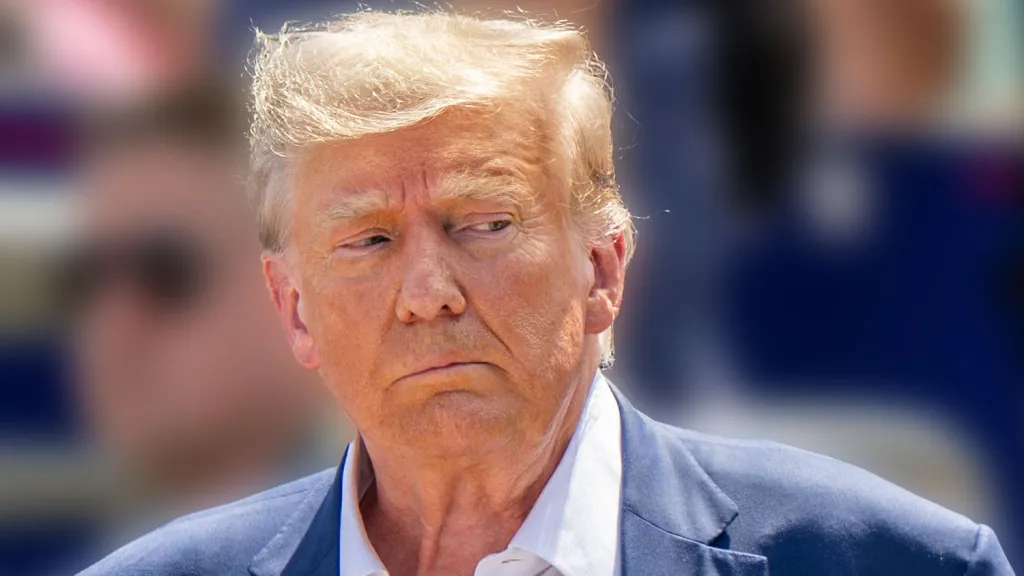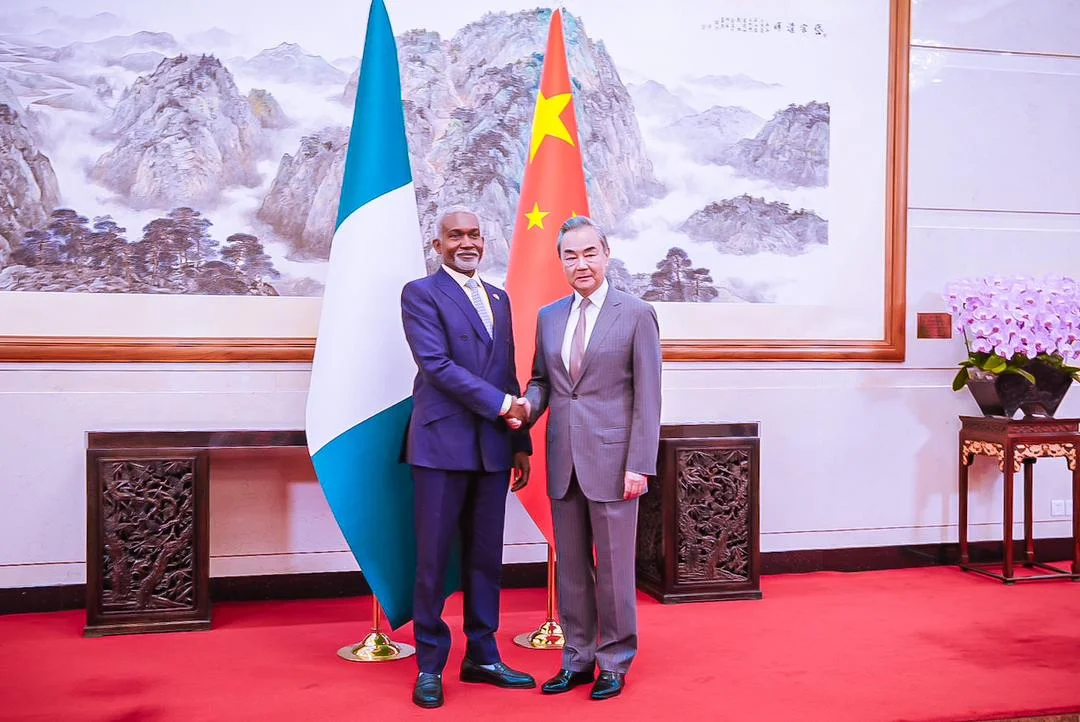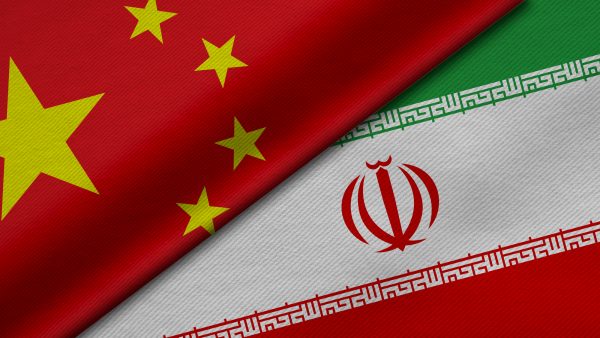Foreign
Researchers print 3D cardiac tissue capable of sustaining pulses

By Ernest Ogezi – Researchers in China and their British and Dutch counterparts have printed a cardiac tissue that can survive in vitro and sustain pulses for more than six months.
In fact, 3D bioprinting has demonstrated its advantages as one of the major methods in fabricating simple tissues, yet it still faces difficulties to generate vasculatures and preserving cell functions in complex organ production.
The researchers from the Chinese Academy of Sciences, Tsinghua University, the University of Manchester and Delft University of Technology overcame the limitations of conventional bioprinting systems.
It can convert a six-degree-of-freedom robotic arm into a bioprinter, thus enabling cell printing on 3D complex-shaped vascular scaffolds from all directions.
The research article, recently published in the journal Bioactive Materials, stated that several layers of cells were printed on the scaffold and were co-cultured for a period of time to induce the formation of functional intercellular junctions and new capillaries between the printed cells.
Thereafter, a new round of cell printing was carried out.
The process can form a vascular network similar to the internal organs and support the long-term survival of the printed tissue and organs.
The researchers also developed an oil bath-based cell printing method to better preserve the natural functions of cells after printing.
Together with a self-designed bioreactor and a repeated print-and-culture strategy, the bioprinting system is capable of generating vascularised, contractible, and long-term survived cardiac tissues.
Such bioprinting strategy mimics the in vivo organ development process and presents a promising solution for in vitro fabrication of complex organs, according to the research article.
Foreign
Trump calls for Keystone XL pipeline plans to be revived

U.S. President Donald Trump has called for the revival of the Keystone XL pipeline, which would carry oil from Canada to the U.S.
Trump took to his online platform Truth Social to urge the company building the pipeline to come back to America.
“The Trump administration is very different, easy approvals, almost immediate start.
“If not them, perhaps another pipeline company. We want the Keystone XL pipeline built,’’ he said.
The pipeline, first proposed in 2008, has been controversial from the start.
It would carry crude oil from oil sands in Alberta, Canada to Nebraska in the Midwestern U.S., where it would link up existing pipelines that connect to the Gulf of Mexico and the Mississippi River.
It was opposed by environmental groups and Native American tribes.
A long-standing battle between the oil industry and environmentalists trickled into politics and U.S. and Canadian courts.
Then U.S. president, Barack Obama, rejected the project in 2015 due to environmental concerns before Trump revived it during his first term in office.
Then, in one of his first actions as U.S. president in 2021, Joe Biden revoked Trump’s permit for the pipeline, stating that its construction was not consistent with his administration’s economic and climate goals.
Foreign
Trump plans 25% tariffs on steel, aluminium imports

U.S. President Donald Trump plans to impose tariffs of 25 per cent on steel and aluminium imports into the United States, he said on Sunday.
“Any steel coming to the United States is going to have them, 25 per cent tariff,” Trump said, according to journalists travelling with the president. When questioned about tariffs on aluminium imports, Trump replied, “25 Per cent for both.”
Trump also confirmed his plan to announce further reciprocal tariffs in the coming week.
He spoke of an announcement on Tuesday or Wednesday.
“Very simply, if they charge us, we charge them, Trump told reporters, adding that the tariffs would go into effect almost immediately.”
U.S. tariffs of 10 per cent on Chinese goods took effect from Feb. 4.
The planned tariffs of 25 per cent on Mexico and Canada were suspended for an initial period of 30 days following promises from the two countries to increase border security measures.
Trump won November’s presidential election promising to slap high tariffs on foreign goods to reduce U.S. trade deficits.
He implemented a number of duties during his first term from 2017 to 2021.
Foreign
U.S. president considering 25% tariffs on Canada, Mexico starting in February

Donald Trump said tariffs of 25 per cent on products from Canada and Mexico could be introduced as early as February, hours after taking office as US president on Monday.
Speaking at the White House while signing various orders shortly after his inauguration, Trump said, “We’re thinking in terms of 25 per cent on Mexico and Canada, because they’re allowing vast number of people … to come in.”
“I think we’ll do it Feb. 1,” Trump added, referring to the potential start date for the tariffs.
Earlier on Monday, the Wall Street Journal reported that Trump did not intend to impose tariffs on trading partners like Canada, Mexico, and China.
Instead, he planned to instruct the authorities to assess trade relations with China and its neighbours on the North American continent, the Wall Street Journal reported, citing a summary of a planned memorandum and Trump’s advisers.
Shortly after winning the election in November, Trump threatened to impose tariffs on goods from Canada, Mexico, and China.
There are also fears in the EU that Trump could impose new tariffs.
Tariffs are a type of surcharge on imported goods. They are paid as goods enter the country.
Trump imposed a range of tariffs on imported goods during his first term in office from 2017 to 2021.
-

 Headlines4 years ago
Headlines4 years agoFacebook, Instagram Temporarily Allow Posts on Ukraine War Calling for Violence Against Invading Russians or Putin’s Death
-

 Headlines4 years ago
Headlines4 years agoNigeria, Other West African Countries Facing Worst Food Crisis in 10 Years, Aid Groups Say
-

 Foreign4 years ago
Foreign4 years agoNew York Consulate installs machines for 10-year passport
-

 News1 year ago
News1 year agoZero Trust Architecture in a Remote World: Securing the New Normal
-

 Entertainment3 years ago
Entertainment3 years agoPhyna emerges winner of Big Brother Naija Season 7
-

 Headlines2 years ago
Headlines2 years agoNigeria Customs modernisation project to check extortion of traders
-

 Entertainment2 years ago
Entertainment2 years agoMovie download platform, Netnaija, announces closure
-

 Economy2 years ago
Economy2 years agoWe generated N30.2 bn revenue in three months – Kano NCS Comptroller














